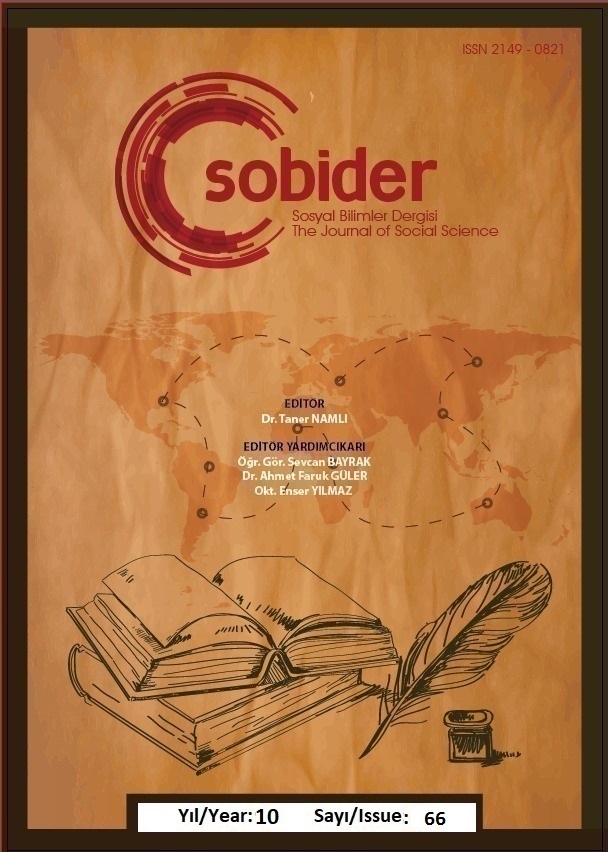Author :
Abstract
يرتبط تطور الفكر بما يثيره من مشكلات وقضايا، وبما يحاول الإجابة عليه من تساؤلات، فالقضايا الفكرية لا تقع خارج الزمان، وهي تطرح دائماً أسئلة استفهام حية وخصبة ومتجددة تبقى دائماً عرضة للتطور وفقاً لما تقتضيه الظروف، وقد شُغل العلماء مع نهاية القرن التاسع عشر وبداية القرن العشرين بالسعي للخروج بالعالم الإسلامي من حالة التأخر التي كان يعاني منها في مختلف المجالات، وتوجهوا لإصلاح الفكر والسلوك، وإعادة النظر في بعض المقولات العقدية التي أُخرجت عن سياقها وَوُظفت في غير ما وضعت له، والقدر أحد أهم المسائل التي أسيئ فهمها واستخدمت للتنصل من المسؤولية، وكان لابد لعلم الكلام الجديد أن يسهم في هذه القضية.
تهدف هذه الدراسة إلى البحث في جهود علماء الكلام الجديد في العالم الإسلامي في موضوع القدر، والمقارنة بينها وبين علم الكلام التقليدي، للوصول إلى الإضافة الجديدة في هذا الموضوع. أمّا المنهج المتّبع في هذا البحث فهو المنهج الاستقرائي التحليلي المقارن. وقد تكوّن البحث من ثلاثة مباحث: المبحث الأول: تعريف القضاء والقدر وطبيعة المسألة ، المبحث الثاني القدر ونظام الكون الثابت والسنن الإلهية، والمبحث الثالث الفعل الإنساني بين القضاء الكوني والحرية الإنسانية. ثم الخاتمة وتتضمن أهم النتائج.
Keywords
Abstract
The evolution of thinking is linked to the difficulties and challenges it produces, as well as the questions it attempts to answer. Intellectual difficulties do not exist outside of time; instead, they consistently generate dynamic, fruitful, and renewed inquiries that remain susceptible to development based on circumstances. Scholars became preoccupied at the end of the nineteenth and the beginning of the twentieth centuries with the task of lifting the Islamic world out of its perceived state of backwardness across numerous domains. During this era, scholars underwent shifts in thought and behavior, prompting them to reexamine theological pronouncements that had been extracted from their intended context and repurposed in divergent ways. Among the most pressing concerns was the concept of destiny, which had been gravely misinterpreted and employed to shirk responsibility and rationalize states of weakness and delay. In response, the emerging theology assumed the responsibility of addressing this intricate issue. This study aims to convey the viewpoints of Islamic scholars who engage with modern theology (Kalam) on the topic of destiny. Additionally, as needed, it seeks to compare their perspectives with those of traditional Kalam, thus offering novel insights into the field. Employing a comparative analytical inductive method, the study centers on three main areas: Firstly, it delves into the definition of destiny and fate, as well as the inherent nature of the associated problem. Secondly, it explores the realm of non-voluntary destiny and the subsequent development of faith within the tangible realities of the world. Lastly, it examines the notions of freedom and the boundaries of human responsibility.





